The Italian actress and global icon Claudia Cardinale has graced the silver screen for more than 60 years with her unrivaled beauty and captivating talent. She was born on April 15, 1938, as Claude Josephine Rose Cardinale in Tunis, French Tunisia. She rose to prominence in the 1950s and 1960s during the heyday of European cinema.
Working with renowned filmmakers like Federico Fellini and Luchino Visconti helped Cardinale’s career soar. She was one of the most adaptable actresses of her era thanks to her stunning screen presence and versatility, which allowed her to move with ease between different genres, from comedic roles to dramatic ones.
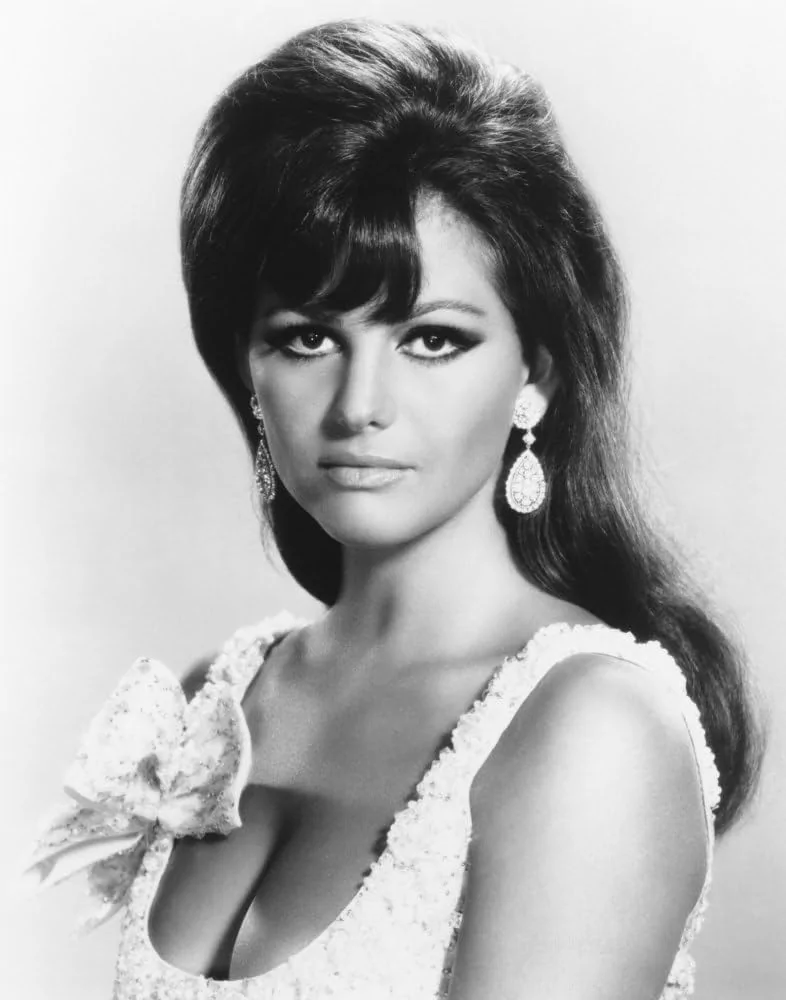
In Sergio Leone’s epic western “Once Upon a Time in the West” (1968), Claudia Cardinale played the mysterious and seductive Jill McBain, one of her most famous roles. Her portrayal in this timeless movie cemented her position as a Hollywood icon and cemented her place among the genre’s greatest leading ladies.
Beyond her acting prowess, Cardinale attracted a wide audience thanks to her timeless beauty, which also served as a model for well-known photographers.
She appeared on many magazine covers and spoke for prestigious companies, becoming a representation of Italian elegance. In addition to her work in film, Cardinale has championed humanitarian causes and used her platform to spread the word about matters like refugee rights and environmental preservation.
The enduring legacy of Claudia Cardinale has made her a legendary figure in both European and international cinema, inspiring both admirers and her fellow actors.
Nothing but a God-created masterpiece existed—no silicone, no plastic surgery.
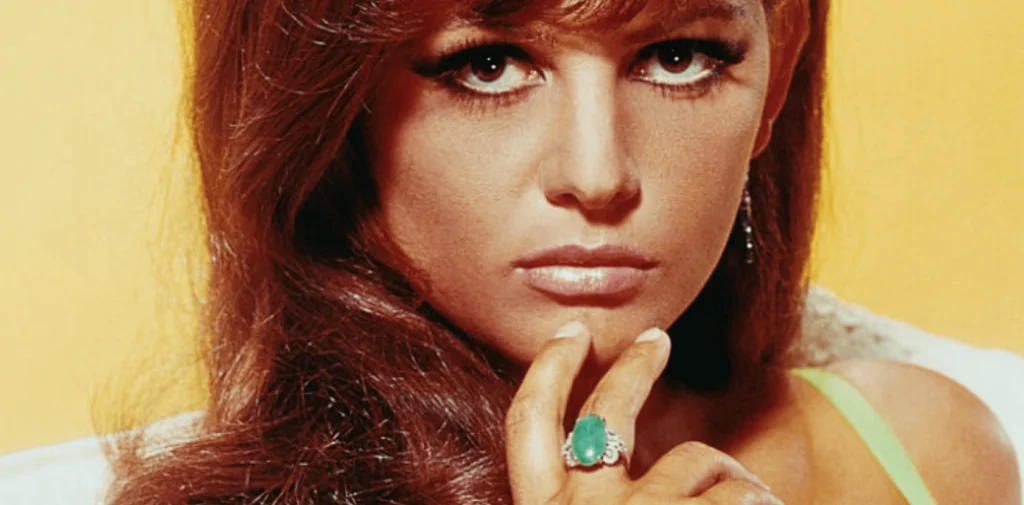
Throughout her six-decade career, the mysterious Claudia Cardinale shone brightly on screen.
Cardinale chose to travel the often-traumatized path to fame rather than set out to become one of the greatest actors of the golden age.
Despite outliving the now-deceased Hollywood heavyweights with whom she once shared the screen, she claims that “Cinema saved my life.”.
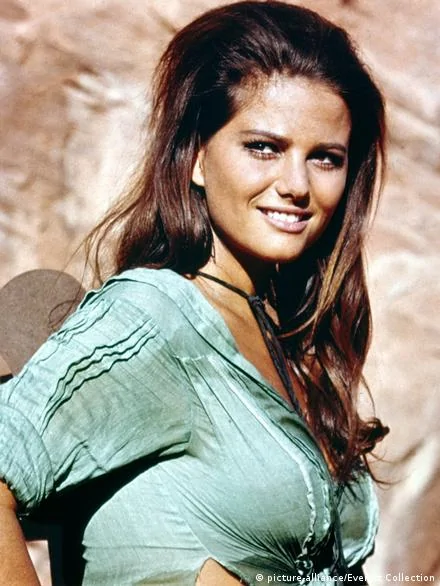
With her stunning beauty, enormous talent, and commanding on-screen presence, Italian film icon Claudia Cardinale has enthralled viewers all over the world. Her multi-decade career has permanently changed the course of cinema. The life and legacy of Claudia Cardinale are examined in this piece, which also honors her contributions to the film industry and her enduring status as a cinematic legend.
Childhood and ascent to fame:.
On April 15, 1938, Italian parents gave birth to Claudia Cardinale in Tunis, Tunisia. She grew up in a multicultural setting where she absorbed a special fusion of Italian, French, and North African influences that would later shape her distinctive on-screen persona.
She entered the “Most Beautiful Italian Girl in Tunisia” competition in 1957, and that was the beginning of her rise to fame. This served as the beginning of her modeling career, which eventually brought her to Rome and attracted the attention of producers. She quickly attracted roles in Italian cinema thanks to her beautiful appearance and affable personality, making her a household name.
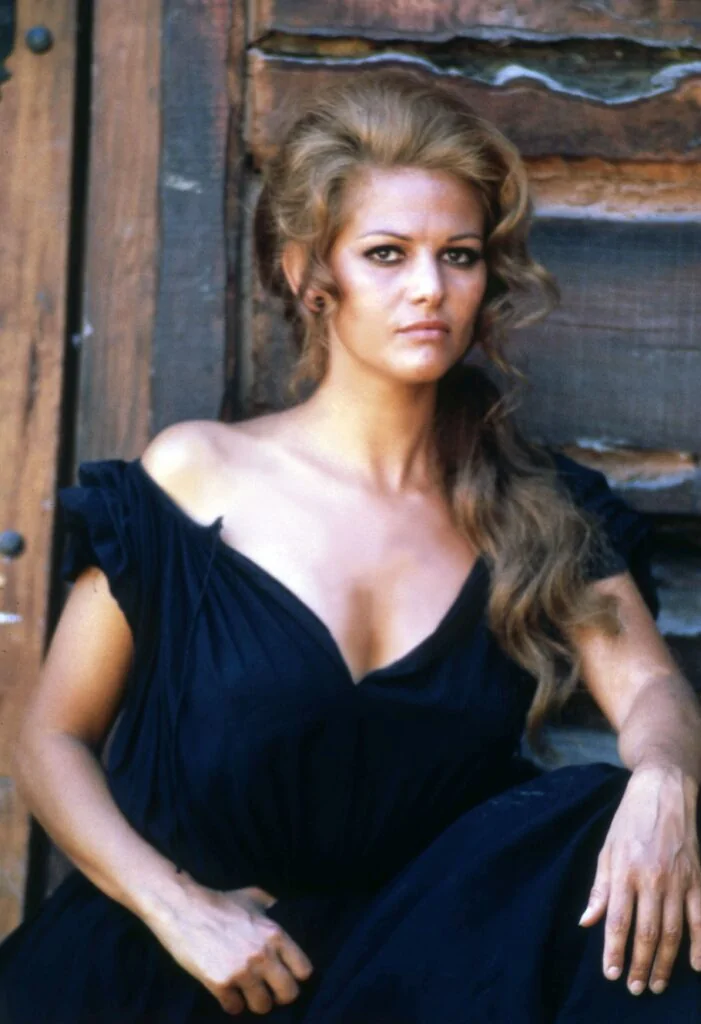
Defining Roles and International Acclaim:.
With the 1960 Luchino Visconti film “Rocco and His Brothers,” Claudia Cardinale made her breakthrough. Her portrayal of a strong-willed woman navigating complex family dynamics demonstrated her acting talent and brought her critical acclaim.
With iconic roles in movies like Federico Fellini’s “812” (1963) and Sergio Leone’s “Once Upon a Time in the West” (1968), where her performances left an everlasting impression on cinema history, her international recognition skyrocketed. Her versatility as an actress was evident in the way she moved easily between various characters and genres.
Grace and charisma that never fade.
Cardinale’s beauty is frequently characterized as timeless and captivating. She had a universal appeal thanks to her expressive eyes, radiant smile, and graceful manner. But beyond her physical features, it was her captivating presence on screen that really made her stand out. She possessed a special talent for holding audiences’ attention and establishing a deep connection, whether in serious roles or lighthearted comedies.
Humanitarian efforts and activism:.
In addition to her work in the entertainment industry, Claudia Cardinale has supported numerous social and humanitarian causes. She is committed to using her platform for good, as evidenced by her work with UNICEF and other organizations.
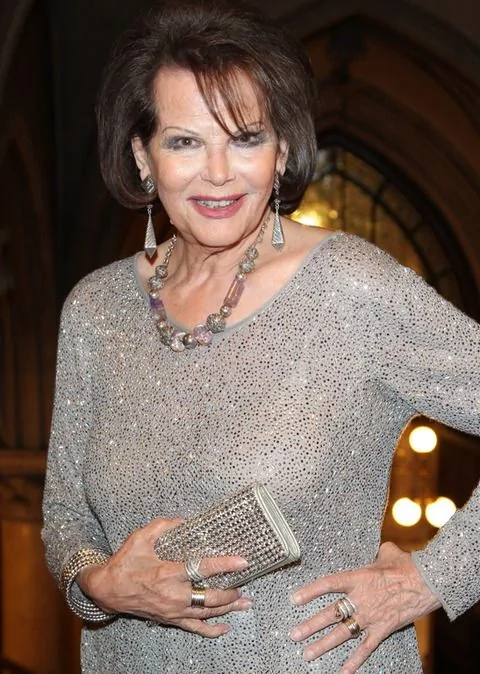
Influence and Legacies:.
A generation after her death, Claudia Cardinale’s influence on cinema is still felt. Numerous actors and directors have been inspired by her performances, which have had a lasting impact on cinema history. She raised the bar for acting excellence with her ability to authentically and complexly express emotions on screen.
From photographs taken by renowned photographers to artistic depictions in popular culture, her image has been preserved in various ways. The lasting reputation of Claudia Cardinale as a global cinematic treasure is evidenced by her legacy.
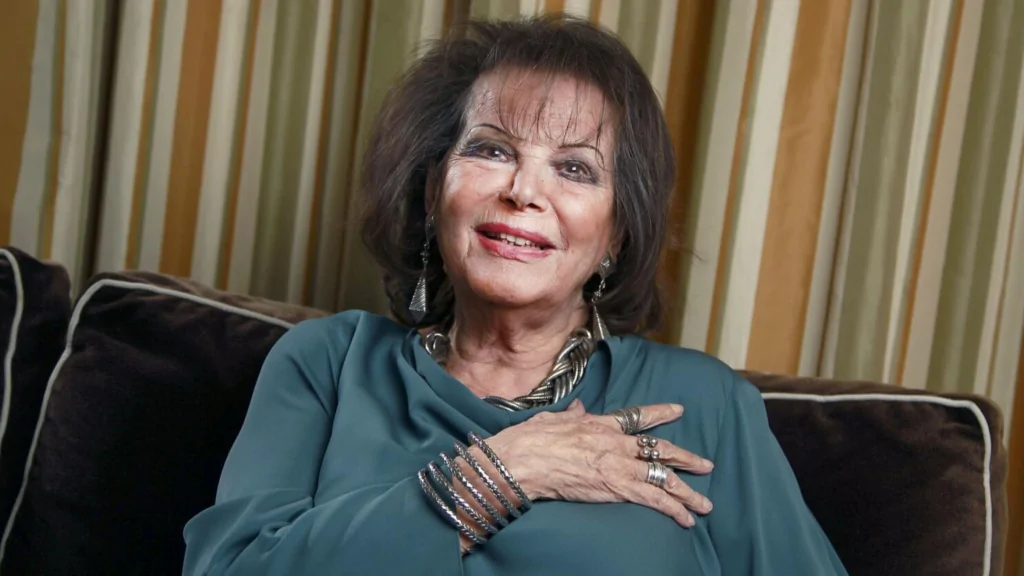
Claudia Cardinale’s transformation into an internationally renowned actress from a Tunisian beauty queen is a tale of talent, tenacity, and timeless allure. Her contributions to cinema transcend geographic boundaries and the passage of time, making a lasting impression on the field. In the film industry, Claudia Cardinale is still adored as the epitome of both traditional elegance and contemporary charisma, and she is recognized for both her extraordinary talent and enduring influence.

